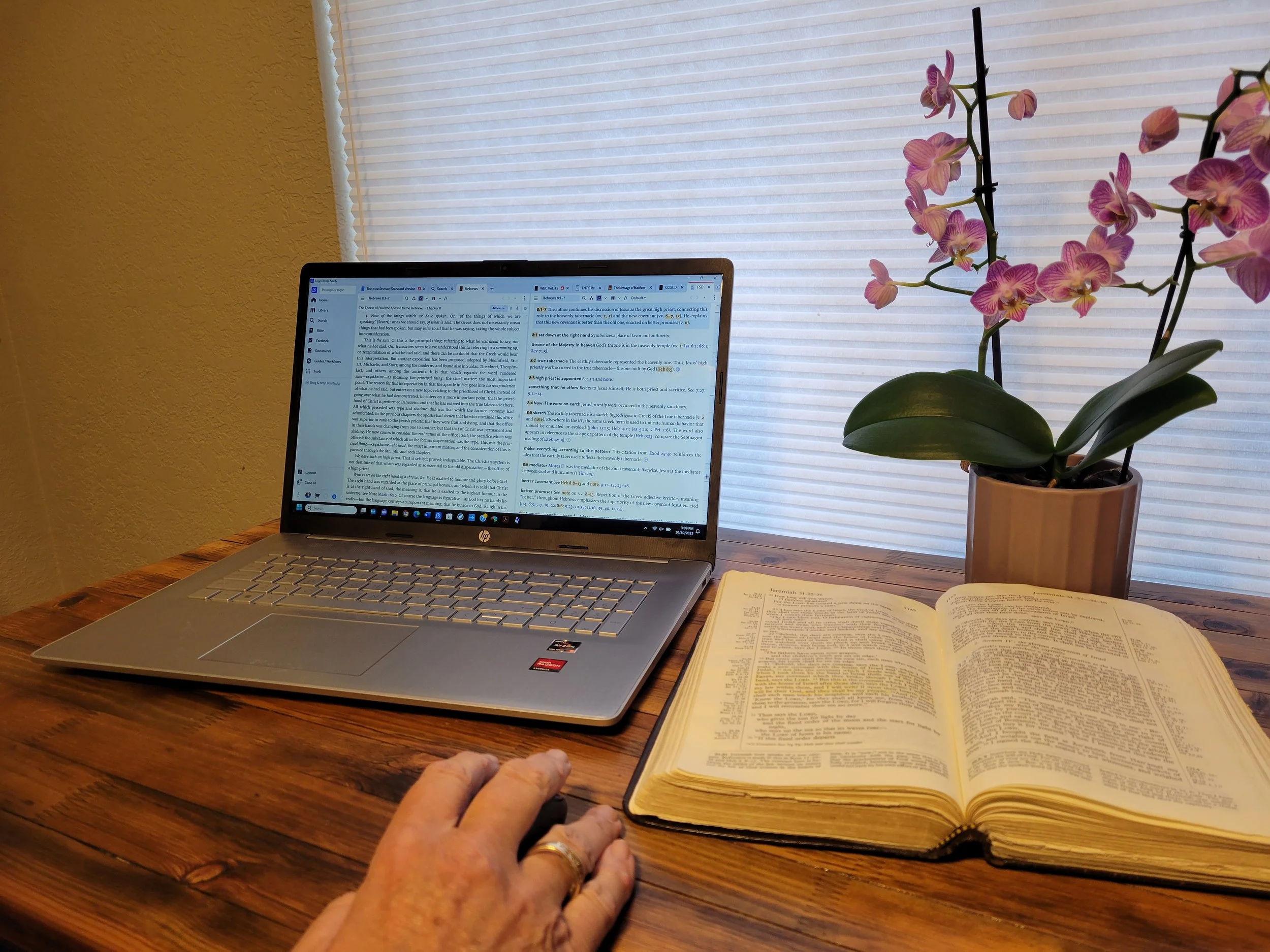Through much of my life, Thanksgiving was a time for the church to sing, “Count Your Blessings,” written by Johnson Oatman Jr. and published in 1897. Here is the first stanza and chorus:
When upon life’s billows you are tempest-tossed,
When you are discouraged, thinking all is lost,
Count your many blessings, name them one by one,
And it will surprise you what the Lord has done.
Count your blessings, name them one by one,
Count your blessings, see what God has done!
Count your blessings, name them one by one,
Count your many blessings, see what God has done.
It was a great reminder to do something important in listing one’s blessings and not one’s complaints. It was a good way for me to affirm that I am richly blessed and not a victim. For a child dealing with the effects of Polio, it was important to hear, believe, and live!
As important and as helpful as that message was, it is not the basic foundation for thanksgiving in scripture. To be sure, the Old Testament often tells Israel and us to “Give thanks to the Lord, call on his name; make known among the nations what he has done.” (1 Chronicles 16:8 and Psalm 105:1 NIV). But far more often we find some variation of, “Give thanks to the Lord, for he is good; his love endures forever.” In the Great Hallel (Psalm 136), Israel sang “His love endures forever,” twenty-six times. There are vain repetitions, but that’s not an example!
Even if those words are not used, it is clear that the basis of praise and thanksgiving is first for whom the Lord is (gracious and merciful, abounding in steadfast love), and then for what He has done. It’s hard to imagine a time in Israel’s history when it was harder to count their blessings than when Babylon killed thousands, took many captives, and left Jerusalem, along with the Temple, in ruins. And yet, listen to Habakkuk:
Though the fig tree does not bud
and there are no grapes on the vines,
though the olive crop fails
and the fields produce no food,
though there are no sheep in the pen
and no cattle in the stalls,
yet I will rejoice in the Lord,
I will be joyful in God my Savior.
The Sovereign Lord is my strength;
he makes my feet like the feet of a deer,
he enables me to tread on the heights. (Habakkuk 3:17-19 NIV).
Or the writer of Lamentation, who said through his tears:
Because of the Lord’s great love we are not consumed,
for his compassions never fail.
They are new every morning;
great is your faithfulness.
I say to myself, “The Lord is my portion;
therefore I will wait for him” (Lamentations 3:22-24 NIV).
It's the same when we come to the New Testament. However, at first reading, it may seem that most of the thanksgiving in the New Testament is for the blessing of Jesus. Yes, Jesus is the great blessing, indeed. Yet, He is also the incarnate presence of God’s Hesed (steadfast, loyal love). As Paul told the Colossian church, “He is the image of the invisible God, the firstborn over all creation” (Col 1:15-16 NIV). And, as Jesus, Himself, told Philip when asked to show the disciples the Father:
"Don't you know me, Philip, even after I have been among you such a long time? Anyone who has seen me has seen the Father” (John 14:9 NIV).
And so, our Thanksgiving is, of course, for blessings, and, yes, we should count them. Beneath all those blessings is the Giver, Himself. We thank Father, Son, and Holy Spirit, for who They are, for the Trinity is enough!
Tim Kelley

